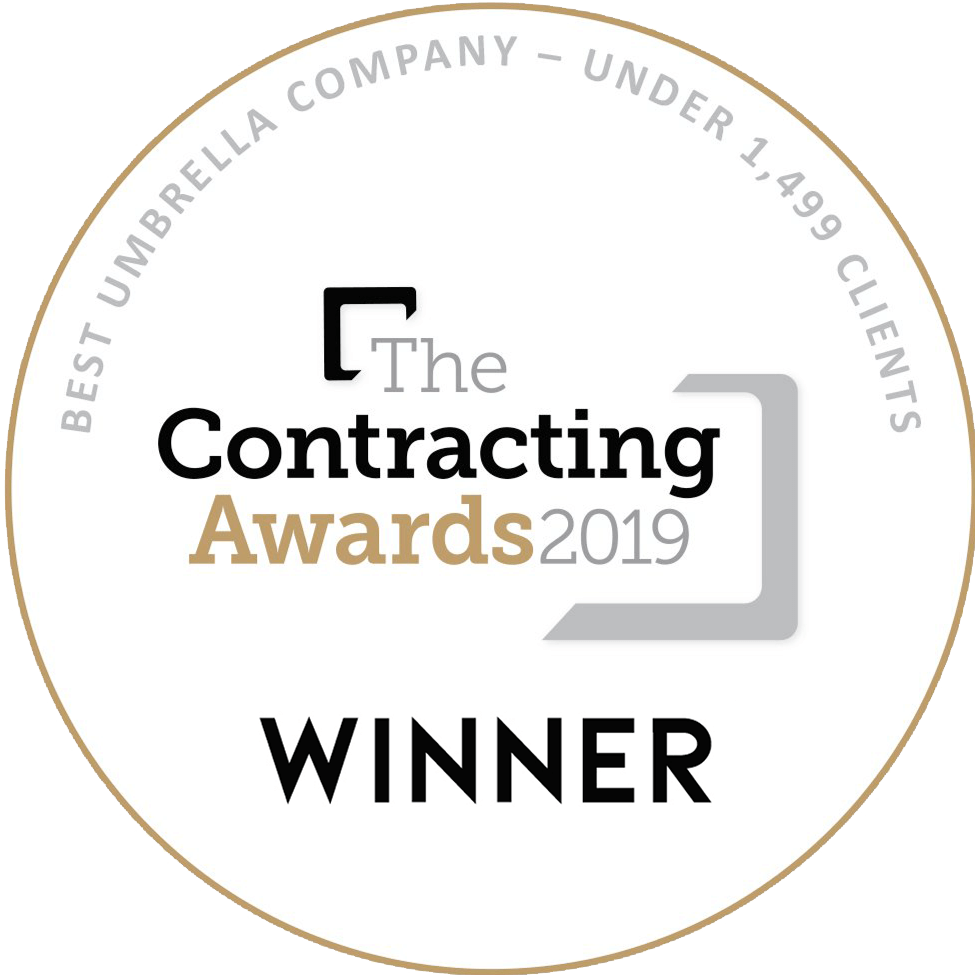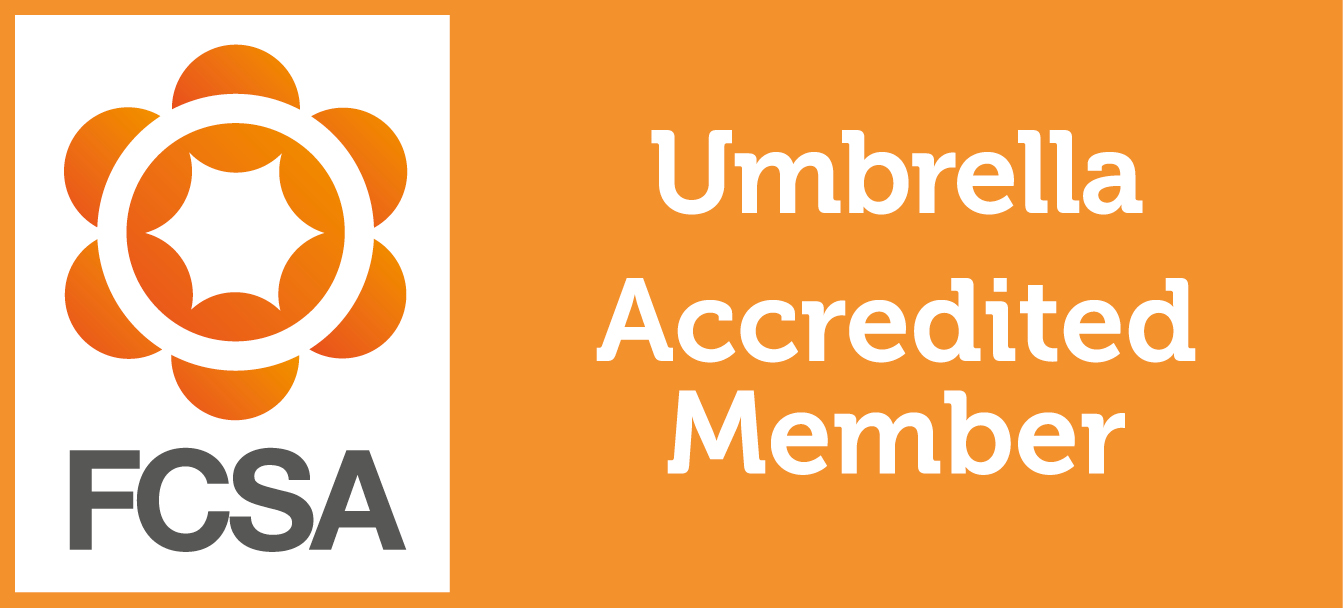The IPSE is urging the government to tackle Universal Credit’s structural bias against the self-employed.
The Association of Independent Professionals and the Self-Employed (IPSE) told the London Assembly Economic Committee that an extended period is needed in order to fix a creaking system that unfairly punishes the self-employed and disincentivises people from striking out on their own.
For example, a self-employed individual can find themselves up to £3,000 worse off a year compared to employees because the MIF does not account for the fluctuating nature of self-employed earnings.
To address this structural bias, IPSE wants to see the MIF’s exemption period extended from 12 months to three years and – to accurately account for fluctuating self-employed earnings – calculated on a quarterly or annual basis.
Andy Chamberlain, IPSE’s Deputy Director of Policy, commented, “Universal Credit has caused hardship and difficulty for many people – but few have felt the effects more severely than the self-employed who are punished for their way of working.
“The MIF, which assumes a level of earnings equivalent to the national minimum wage, does not account for the fluctuating nature of self-employed incomes.
“In any given month, when an individual’s earnings fall below this level, their entitlement is not topped up to reach the MIF. And in months where they earn more, for every pound they earn above the MIF, 63 pence is deducted from their entitlement.
“By not topping up their entitlement in months where earnings are low and reducing it in months where earnings are above the MIF, Universal Credit is denying the self-employed a significant amount of money that many simply cannot afford.”
He added, “If the Government wants to create an environment where entrepreneurialism is encouraged and rewarded, this system – which has been called into question by the National Audit Office in recent months – must be urgently rectified.
“There is already an initial exemption of 12 months before the MIF kicks in. But considering evidence that shows many businesses will not make sufficient levels of profit in the first three years, many viable businesses are being sunk because of Universal Credit well before they can thrive.
“Therefore, to promote entrepreneurship and create a platform for low-earning self-employed people to start and grow a prospering business, this exemption period should be extended to three years.
“The Government cannot keep turning a blind eye to the hardship many self-employed people are experiencing as a result of Universal Credit. For our self-employed strivers, it must commit to fixing this inoperative system.”
Limited or Umbrella? If you are unsure which route would suit you better, please give us a call on 01206 591 000 or email info@contractorumbrella.com to discuss your options.
You may also like to read:













